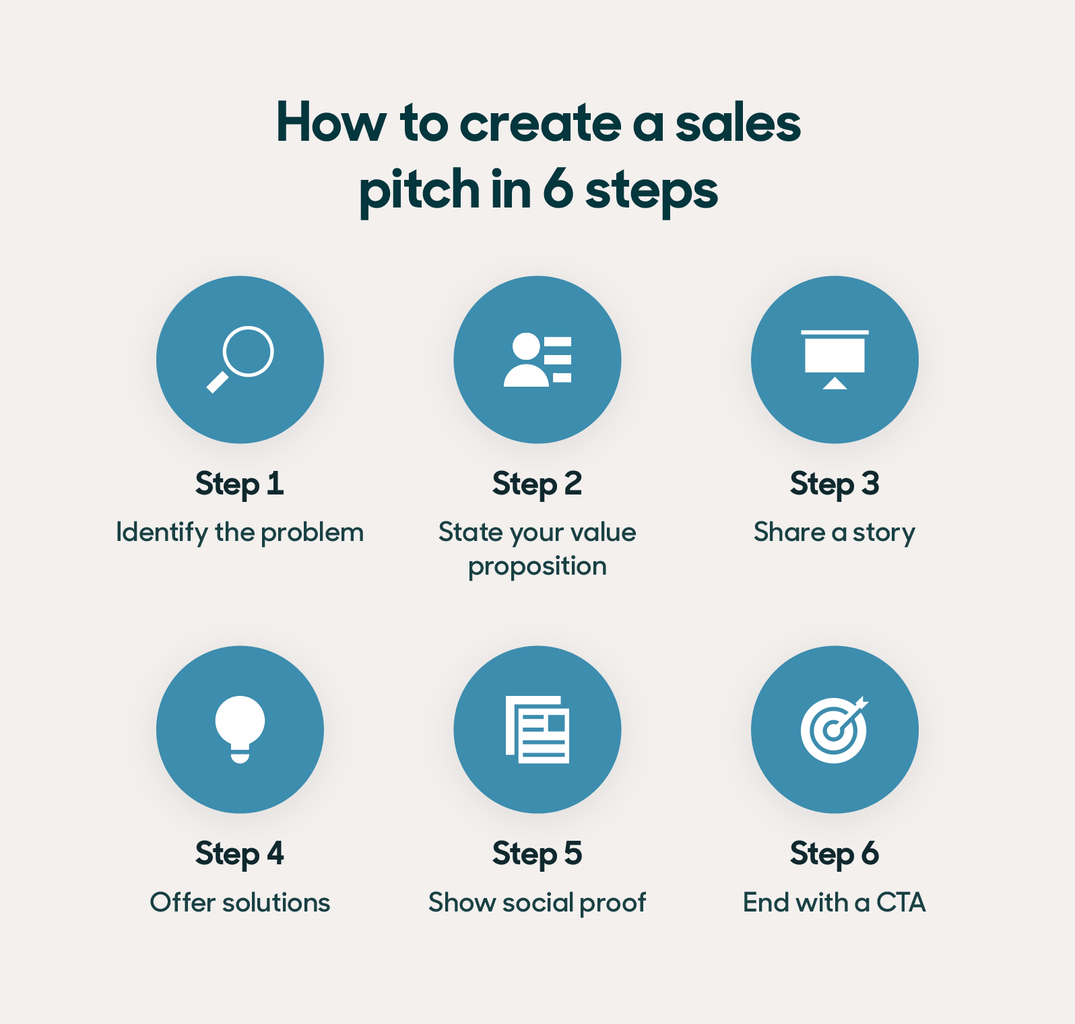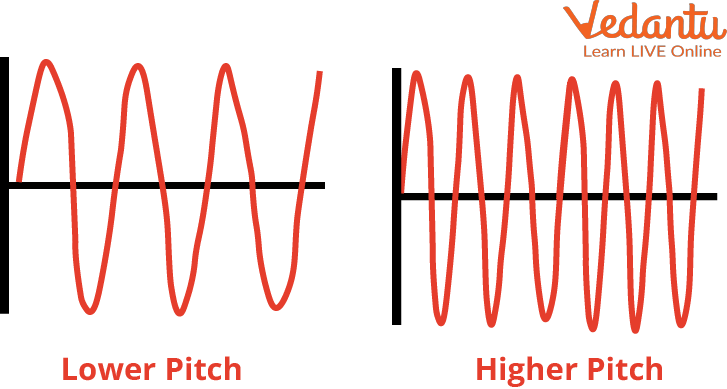Have you ever watched a musical movie and wondered about the magic behind the voices? It's a natural thing to do, that, is that. The captivating performances, the incredible vocal arrangements, they just draw you in, don't they? Especially when it comes to a cappella, where voices are the only instruments, the curiosity about how it all comes together is very real.
The "Pitch Perfect" films, with their catchy tunes and hilarious banter, surely sparked this question for many. People often ask, “in Pitch Perfect, are they really singing?” It’s a pretty common query, honestly, considering how polished and professional the performances sound on screen. You might find yourself thinking about the incredible vocal talents involved, and whether those sounds are genuinely coming from the actors themselves or if there's some movie magic at play.
The word "pitch" itself, it's a fascinating one, you know? It has so many different meanings. For instance, Pitch is the complete pitching platform that takes your design and delivery to the next level, helping you generate a beautiful presentation in seconds with its AI generator. It also refers to an area painted with lines for playing particular sports, like football, or even a black or dark viscous substance obtained from distilling organic materials. But here, we are talking about the musical kind of pitch, the one that describes the highness or lowness of a sound, which is absolutely central to singing and to these wonderful movies.
Table of Contents
- The Magic Behind the Mic: Did They Really Sing?
- Who Sang What? Key Performances and Vocal Talents
- Beyond the Notes: The Art of Movie Musical Production
- Frequently Asked Questions About Pitch Perfect Singing
The Magic Behind the Mic: Did They Really Sing?
The short answer to whether the cast of "Pitch Perfect" actually sang is a resounding yes. They did, indeed, use their own voices for the vast majority of the musical numbers. This commitment to authentic vocal performances is a significant reason why the films feel so lively and believable. It's not just about acting; it's about performing the music too, you know.
The Core Truth: Live Vocals and Studio Polish
While the actors genuinely sang, it's important to understand the process. Most of the singing you hear in the films was recorded in a studio, which is pretty standard for movie musicals. This allows for meticulous sound engineering, ensuring every note is clear and every harmony blends perfectly. They also performed some sections live on set, especially for scenes where a raw, immediate feel was needed. This combination of studio precision and live energy gives the films their distinctive sound, honestly.
Think about it: when Pitch makes online collaboration seamless, it helps teams create winning presentations. In a similar way, the production team for "Pitch Perfect" worked to make the vocal performances seamless. They brought together individual talents and polished them into a cohesive sound. This blend of pre-recorded studio tracks and some on-set live singing helps create that full, rich sound you hear. It’s a pretty smart approach, really, to get the best of both worlds.
The Rigorous Training: More Than Just Acting
The actors went through extensive vocal training and rehearsals to prepare for their roles. This wasn't just about learning the lines; it was about mastering complex a cappella arrangements. Many of the cast members already had singing experience, which was a huge help, but even those with less formal training put in a lot of work. They spent hours practicing harmonies, timing, and vocal control. It was, in a way, like a boot camp for their voices.
This dedication meant that when they stepped in front of the cameras, they were genuinely performing the music. They weren't just lip-syncing to someone else's voice. This commitment to the craft, you know, really shines through in the final product. It makes the performances feel incredibly genuine and energetic, which is a big part of the movies' appeal.
Blending Voices: The A Cappella Challenge
A cappella singing is uniquely challenging because there are no instruments to hide behind. Every voice has to be perfectly in tune and in rhythm with the others. The "Pitch Perfect" movies showcase this beautifully, and the cast had to learn to blend their individual voices into a single, powerful sound. This required a lot of practice and a deep understanding of vocal harmony. It's a bit like building a complex structure where every piece has to fit just right.
The success of the musical numbers really depended on the actors' ability to work as a cohesive vocal unit. This collective effort, that, is what makes the a cappella performances so impressive. They achieved a high pitch of excitement in their singing, creating those memorable sequences that fans adore.
Who Sang What? Key Performances and Vocal Talents
While the entire ensemble contributed, some individual performances particularly stood out and surprised audiences with the depth of the actors' vocal abilities. It’s quite interesting to see how different talents came together, basically.
Anna Kendrick and Rebel Wilson: Surprising Talents
Anna Kendrick, who plays Beca, truly impressed viewers with her singing. Her rendition of "Cups (When I'm Gone)" became a cultural phenomenon, and it was entirely her own voice. She had a background in theater, which helped, but her unique vocal style really made the songs her own. Rebel Wilson, as Fat Amy, also showcased a surprisingly strong and comedic vocal presence. Her performances were not only funny but also vocally solid, which is a bit unexpected for some.
These two, along with the rest of the main cast, put in the hard work. They brought their characters to life through song, which is a really special thing for a musical. It's pretty cool how they managed to combine humor with genuine musical talent, honestly.
The Bellas and Treblemakers: A Collective Effort
Every member of the Barden Bellas and the Treblemakers contributed their voice to the group numbers. Skylar Astin, Ben Platt, Brittany Snow, Anna Camp, Ester Dean, and Chrissie Fit, among others, all sang their parts. The chemistry between the actors extended to their vocal performances, creating dynamic and engaging musical battles. It was a true ensemble effort, and that's why the group numbers feel so vibrant.
Their ability to work together, delegate work and manage team feedback to swiftly create winning performances, was key. This collective talent and collaborative spirit were essential for bringing the intricate a cappella arrangements to life on screen.
The Role of Vocal Coaches and Music Producers
Behind the scenes, vocal coaches and music producers played a crucial role. They guided the actors through their training, helped them perfect their harmonies, and ensured the overall sound quality was top-notch. These professionals are the unsung heroes of movie musicals, shaping the vocal performances into what we hear in the final cut. They help achieve that high point or greatest height in terms of sound quality.
Without their expertise, the incredible vocal arrangements and seamless transitions wouldn't have been possible. They are, in some respects, like the architects of the sound, making sure every note is exactly where it needs to be. You can learn more about the intricacies of vocal production on our site, and link to this page for more insights into movie sound design.
Beyond the Notes: The Art of Movie Musical Production
Making a musical movie involves more than just getting actors to sing. It's a complex process of blending live performance with cinematic techniques to create an immersive experience. It's pretty interesting how it all comes together, actually.
The Balance of Authenticity and Cinematic Polish
Filmmakers aim for a balance between authentic performances and the polished sound audiences expect from a movie. This means that while the actors are indeed singing, the sound is often enhanced and mixed to create a bigger, more impactful effect. It's not about faking it; it's about making it sound as good as possible for the big screen. The degree of inclination or slope in sound mixing can really change how a song feels.
The goal is to capture the essence of a live a cappella performance while giving it the cinematic treatment. This involves careful microphone placement during filming, followed by extensive post-production work. It's a very detailed process, really.
How Sound Engineering Elevates Performances
Sound engineers use various techniques to elevate the vocal performances. This can include adding reverb to make voices sound fuller, adjusting pitch ever so slightly for perfect harmony, and layering multiple takes to create a richer sound. These techniques are common in music production and are used to enhance, not replace, the original vocals. It’s about making the good even better, you know.
For example, the distance between repeated elements in a structure possessing translational symmetry, like vocal lines in a song, is carefully managed. This attention to detail in sound engineering ensures that every musical number achieves its full potential, making the audience enjoy the pitch of success in every performance. For a deeper look into how sound is manipulated in film, you might find this article on Hollywood sound engineering quite informative.
The Impact on Audiences: Why It Matters
The authenticity of the singing in "Pitch Perfect" contributes significantly to its widespread appeal. Knowing that the actors are genuinely performing the songs creates a stronger connection with the audience. It makes the characters' journeys feel more real and their triumphs more earned. This genuine effort is, in a way, what makes the films so beloved.
This commitment to real vocal performances also inspires many viewers, especially those interested in a cappella or singing themselves. It shows what's possible with hard work and talent, and that's a pretty powerful message. It helps to keep everyone on brand with templates, collaborating on slides, and sharing decks, just like the collaborative nature of a cappella singing.
Frequently Asked Questions About Pitch Perfect Singing
Here are some common questions people often ask about the singing in "Pitch Perfect."
Did the Pitch Perfect cast actually sing? Yes, absolutely. The actors in "Pitch Perfect" did sing their own parts. While studio recording and post-production polish were used, the voices you hear are genuinely those of the cast members. They put in significant rehearsal time to make sure their performances were top-notch, you know.
How much of Pitch Perfect is real singing? A very large portion of the singing in "Pitch Perfect" is real. The actors performed the songs themselves, often recording their vocals in a studio. Some live singing was also captured on set to add to the realism and energy of the performances. It’s pretty much all them, basically.
Did Anna Kendrick really sing in Pitch Perfect? Yes, Anna Kendrick definitely sang her own parts in "Pitch Perfect," including her iconic "Cups" performance. She has a strong singing background and brought her own unique vocal style to the role of Beca. Her voice is a key part of the movie's sound, honestly.
So, when you watch "Pitch Perfect," you can feel good knowing that the incredible vocal performances you hear are indeed from the talented actors themselves. Their hard work and dedication to the music are a huge part of what makes these films so special and enduringly popular. It's a pretty remarkable achievement, really, how they pulled it all off.



